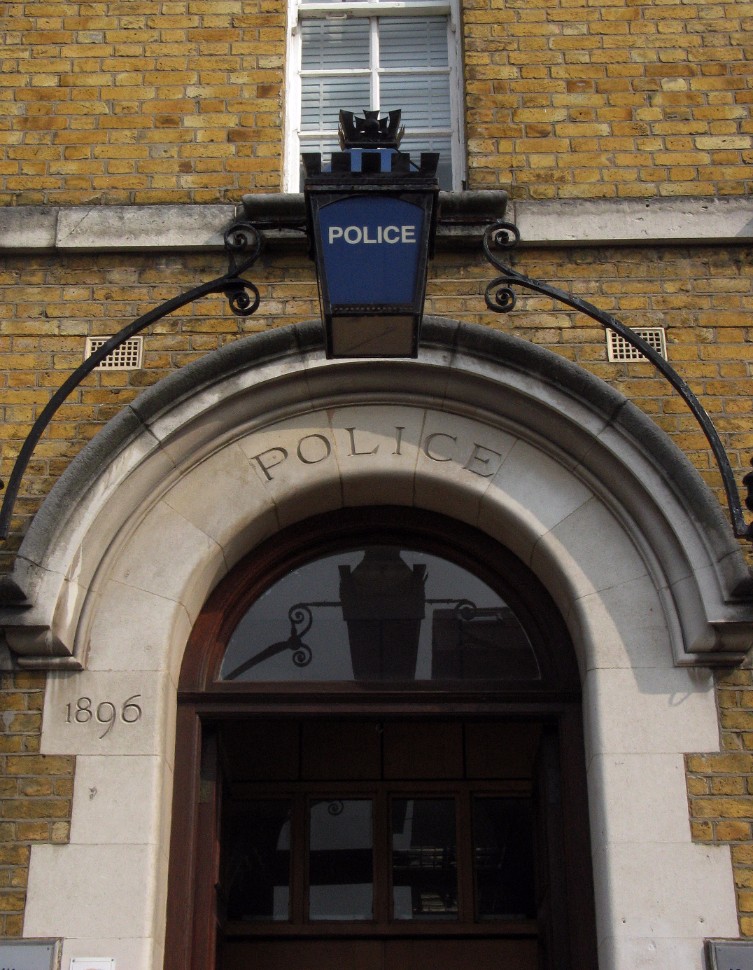Police insist they are ‘suppressing' number of stabbings in Camden
Only about one in five stabbings in Camden were linked to street gangs, detective reports
Tuesday, 30th May 2017 — By William McLennan

THE number of stabbings in Camden has increased in the past 12 months, but police are doing a “good job of suppressing it,” according to the officer in charge of tackling gang crime in the borough.
Following concerns about a rise in the amount of street violence, Detective Inspector Will Lexton-Jones acknowledged there had been a “small increase” of nine per cent, but he said Camden was coping better than other parts of the capital. It represents an increase to 59 stabbings over the previous 12 months, compared to 54 the year before.
The number of stabbings across London in the past 12 months has increased by 24 per cent, leading the Met to launch an dedicated taskforce to tackle knife crime.
DI Lexton-Jones said: “While I’m concerned that it has gone up, I’m also pleased that we have not seen the same, more significant increase experienced by London as a whole.”
It follows almost weekly reports of violence involving young men in Camden in the past two months. Police this week launched an appeal for witnesses after two 15-year-old boys were stabbed in broad daylight in King’s Cross. Officers said the pair were approached at random by a masked gang and asked where they lived, before being stabbed in the legs on March 21.
DI Lexton-Jones said that contrary to public perception, only about one in five stabbings in Camden were linked to street gangs.
“There’s an awful lot of reasons why people carry knives, you can attribute some of it to gang criminality, you can attribute some of it to competing drug markets, but you can attribute some of it to people being young and naive or under the influence of drugs or alcohol”.
He said that the sheer number of people enjoying Camden’s night time economy, in hotspots like Camden Town, were responsible for some the figures.
He said: “A lot of it is down to the density of population Camden Town, where there is this huge night time economy and there’s this huge transient population passing through, anywhere you have a density of population you are likely to have proportionally higher levels of crime.” Additional officers are due to be posted to Camden Town as the weather warms up, he said, adding: “There is quite a few plans around that particularly over the summer. There is a lot more resource being put into the night time economy, particularly around the lock over the next few months.”
The gangs unit, led by DI Lexton-Jones, focus their attention on “habitual knife carriers” – who are people caught carrying a knife more than once in a year.
“People who are getting regularly caught with knifes, we are specifically targeting with traditional tactics, covert tactics and what we call Achilles heel tactics, so getting them for anything we can.”
He said they also look at “diversion” tactics, to take people away from crime, adding: “We and our partners are working very hard with the young people to divert them away from criminality, it’s not just an enforcement strategy and it’s not a problem you can arrest your way out of.”
The most prominent “habitual knife carriers” – known by police as HKCs – have a dedicated team to “manage them and minimise the risk they pose to themselves and the community” DI Lexton-Jones said.
A shooting that injured three men and a stabbing, both linked to Agar Grove within the past month, led some residents to question if the area was returning to its more violent past. DI Lexton-Jones said: “I recognise that there has been a recent and isolated issue there, but I don’t accept it’s a backslide. I’ll acknowledge there’s been incidents recently, but I don’t attribute that to any sort of trend at this stage.”
The latest phase of the Met’s anti-knife crime initiative, Operation Sceptre, earlier this month saw “60 separate activities such as weapon sweeps, arrest enquiries, stop and searches and hot spot patrols,” DI Lexton-Jones said.